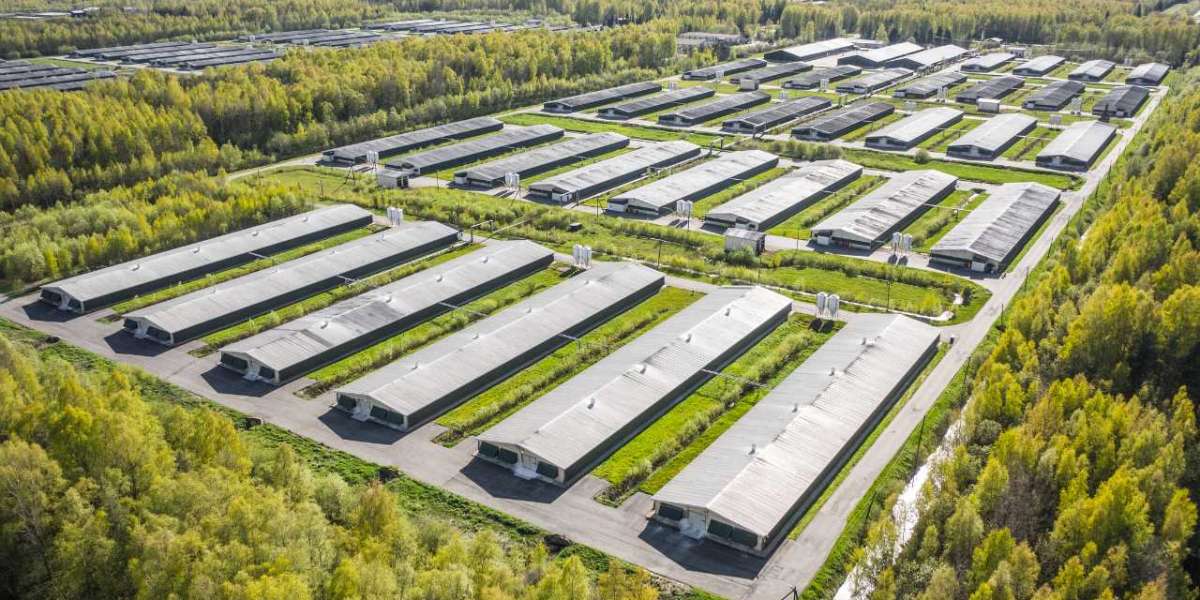Factory farming cruelty, a harsh reality hidden behind the doors of industrialized agriculture, demands our attention and introspection. In the pursuit of mass production and profit, the ethical treatment of animals often takes a backseat, leading to an array of distressing practices within factory farms.
At the core of factory farming cruelty is the intensive confinement of animals, where they are subjected to overcrowded conditions, limiting their movement and natural behaviors. Pigs, chickens, and cows are often confined to small, cramped spaces, unable to express their natural instincts. This confinement not only leads to immense physical suffering but also contributes to heightened stress levels, adversely affecting the overall well-being of these sentient beings.
The routine use of antibiotics in factory farming further compounds the cruelty. Animals are often subjected to subtherapeutic doses of antibiotics to promote growth and prevent diseases that thrive in crowded, unsanitary conditions. This overuse contributes to the rise of antibiotic-resistant bacteria, posing a significant threat to both animal and human health.
Factory farming cruelty extends to practices such as debeaking, tail docking, and castration, often performed without anesthesia. These procedures, aimed at preventing aggressive behavior in overcrowded conditions, cause unnecessary pain and distress to the animals. The focus on efficiency and productivity in factory farming perpetuates a cycle of cruelty that compromises the welfare of animals for the sake of increased output.
The environmental impact of factory farming adds another layer to the cruelty. Large-scale operations generate vast amounts of waste, leading to pollution of air and water sources. The ecological consequences, coupled with the ethical concerns surrounding the treatment of animals, underscore the urgent need for a shift towards more sustainable and humane agricultural practices.
In conclusion, the phrase "factory farming cruelty" paints a stark picture of the ethical challenges embedded within industrialized agriculture. As consumers and advocates for change, it is imperative to unveil these dark realities, fostering awareness and encouraging a shift towards more compassionate and sustainable food production systems. The key lies in recognizing the inherent cruelty within factory farming and collectively working towards a future where the well-being of animals and the health of the planet are prioritized over mass production and profit.



